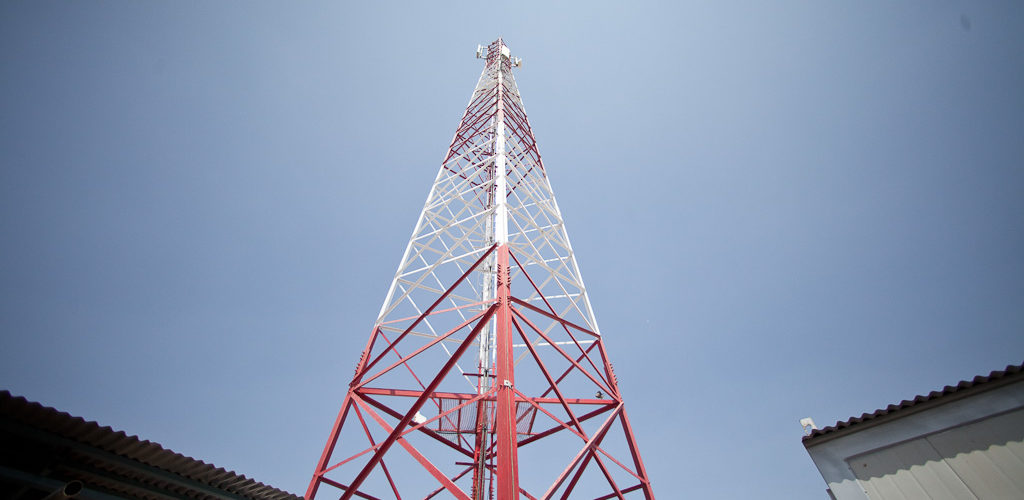Stealing 5G’s thunder: the cost of faster networks

5G is a technological improvement for the next generation of mobile broadband. It is already being implemented in the US, with speeds of up to 1 Gigabit per second achieved, enough to download a TV episode in just seconds1.
However, the new technology has been accompanied by a whole host of conspiracy theories about the risks of 5G. These range from claims that network tests killed hundreds of birds, to the UK government secretly running cancer-inducing tests from street lights with 5G2 3. Amongst these overblown concerns is at least one valid worry: 5G networks may affect our ability to predict the weather.
Radio waves are a part of the electromagnetic spectrum, with frequencies ranging from 50Hz to 300GHz. They are used to broadcast all types of information across the world, including our mobile data. Government bodies, like the UK’s Ofcom and the Federal Communications Commision (FCC) in the US, regulate who can broadcast on each frequency to prevent overlapping usage4. These bodies are now beginning to arrange which parts of the spectrum will be used by the new 5G networks. In the US, the FCC has already sold the rights for a frequency range that turns out to be controversial for meteorologists – 24GHz5.
Nearby on the spectrum, 23.8GHz is the frequency emitted by water vapour in the atmosphere. This weak signal is detected by weather satellites and used to help accurately predict weather. This is not a trivial contribution; without microwave detection, forecasts for Hurricane Sandy in 2012 would have shown it making landfall in the Gulf of Maine. Using radio waves, meteorologists were able to predict its true landfall in New Jersey, giving residents 5 days advance notice6.
Meteorologists warn that the introduction of 5G at the 25GHz frequency could easily drown out these signals, like having a noisy neighbour while you’re watching quiet TV. This would reduce our ability to forecast the weather by approximately 30 % 7.
While the FCC auctions are complete – selling the 24GHz range for around $1.8 billion – there is still hope that regulation changes could help reduce the damage8. One option is to reduce the maximum power allowed for broadcasting on 5G bands, lowering their noise to prevent them from interfering as much with neighbouring signals. The US-based board currently imposes a limit that is twice three times louder than recommended by the World Meteorological Organisation to avoid interference9.
Even if a solution is found in this case, it’s not the end of the fight. Many of the radio bands proposed for 5G use are near other frequencies important for weather observations, including measurements for ice, snow and atmospheric temperature10.
We all want faster phones so we can have the internet at our fingertips. But, with natural disasters on the rise, is it worth losing our ability to predict the weather and ultimately save lives?
Edited by Frankie Macpherson
References
- www.theverge.com/2019/5/16/18628080/verizon-5g-network-gigabit-1gbps-download-speeds
- Did a 5G Cellular Network Test Cause Hundreds of Birds to Die?
- Gateshead Council Forced To Deny Streetlights Used For ‘Secret Government Trials’
- www.ofcom.org.uk/spectrum/spectrum-management
- www.ecnmag.com/news/2019/04/fcc-24-ghz-auction-tops-18-billion
- https://ams.confex.com/ams/2019Annual/videogateway.cgi/id/51518?recordingid=51518
- https://physicstoday.scitation.org/do/10.1063/PT.6.2.20190524a/full/
- https://arstechnica.com/information-technology/2019/06/for-5g-att-and-t-mobile-buy-1-8-billion-worth-of-24ghz-spectrum-across-us/
- https://www.popularmechanics.com/technology/infrastructure/a27311067/5g-weather-forecasting/
- https://www.nature.com/articles/d41586-019-01305-4










